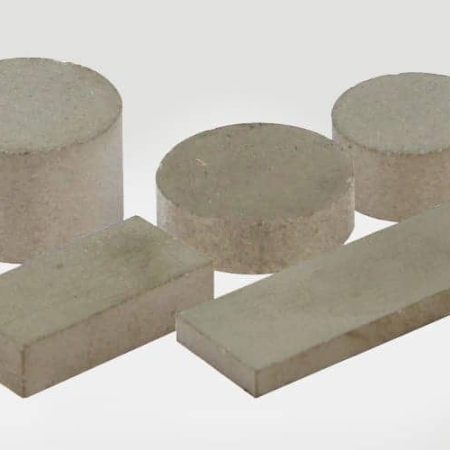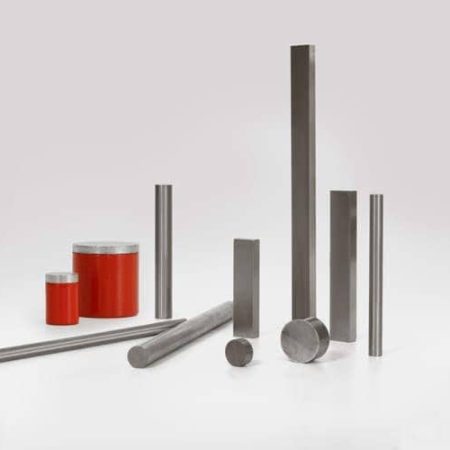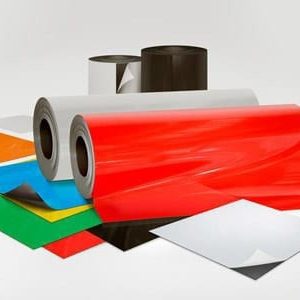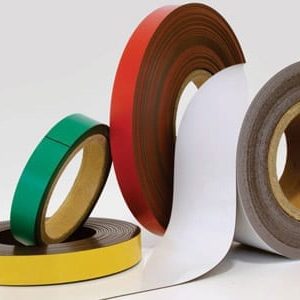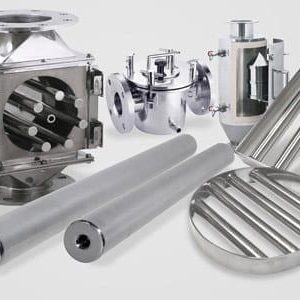Marine Applications
Few metal surfaces can withstand the harsh corrosive conditions found in marine environments. To combat this, magnetic alloys with anti-corrosive properties or magnets with protective coatings are frequently used to resist these elements such as Samarium Magnets or Plastic Encased Magnets that allow the magnet to have a protective shell to avoid exposing the raw magnet inside to humidity.
Industries and especially those that operate around marine settings, such as shipyards, fishing enterprises, public marinas, cruise ships, and sightseeing vessels, often encounter these challenges and must use a rust resistant solution.
Samarium Cobalt Magnets, made from highly corrosion-resistant rare earth alloys, are ideal for demanding aquatic conditions. They can also endure high-heat environments, withstanding temperatures up to 300°C.
Alternately magnets with protective coatings such as plastic, or epoxy, may also be suitable for use in marine settings. These coatings protect the magnet from harsh conditions and in the case of a plastic encased magnet can remain submerged without risking the magnets becoming damaged. Epoxy coated magnets are not ideal for situations where magnets need to be submerged in water for extended period as the coating will likely fail when submerged.
For divers that require anchoring when conducting underwater work we have a range of stainless steel equipment in the form of a static magnet or a switchable magnet with an on/off function for easy release.
Shipbuilders who repair or modify steel-hulled vessels find corrosion-resistant magnets to be invaluable tools, providing strong holding and clamping support. Similarly, international shipping companies, which transport thousands of steel containers globally, rely on magnets for various operations. Floating booms used to contain oil spills from ruptured tankers are often attached magnetically, as are the access ladders used by harbor pilots boarding ships as they approach a port.


















